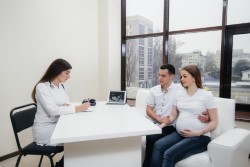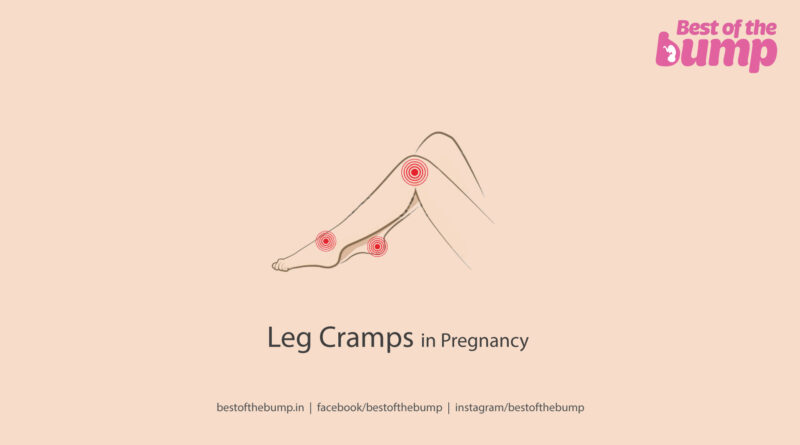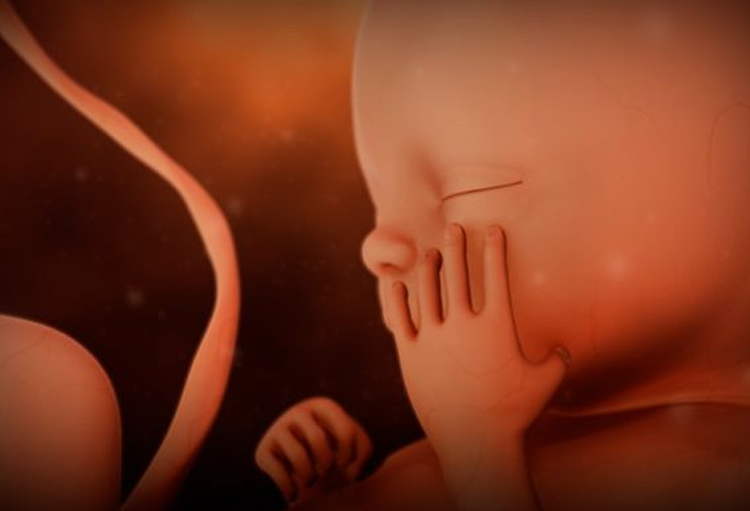Leg Cramps in Pregnancy
Leg Cramps in Pregnancy, Pregnancy is a miraculous journey filled with anticipation and joy, but it can also bring its share of discomforts and challenges. One common issue that many expectant mothers face, particularly during the second and third trimesters, is leg cramps.
These sudden spasms in the calf muscles can be both painful and disruptive, often making their presence known, especially at night when sleep is most desired. While leg cramps during pregnancy are prevalent, their exact cause remains somewhat elusive. However, several plausible explanations have been proposed, including the extra weight carried by leg muscles, pressure on blood vessels due to the growing uterus, and potential dietary factors. In this article, we delve into the phenomenon of leg cramps during pregnancy, exploring their possible causes and offering simple remedies to find relief and enjoy a peaceful night’s sleep.
The Prevalence of Leg Cramps in Pregnancy
Leg Cramps in Pregnancy are a common occurrence among expectant mothers, and they can be a source of significant discomfort and sleep disturbance. These spasms, which can travel up and down the calves, tend to be more noticeable during the second and third trimesters. While leg cramps can happen at any time during the day, they often intensify at night, hindering restful sleep for pregnant women.
Unraveling the Mystery: The Causes of Leg Cramps
Leg Cramps in Pregnancy, the exact cause of leg cramps during pregnancy is not entirely understood, as it likely involves a combination of factors. One potential explanation is the additional weight that pregnant women carry, which can put a strain on leg muscles and lead to fatigue and cramping. Additionally, as the uterus grows to accommodate the developing baby, it may exert pressure on blood vessels responsible for circulating blood to and from the legs, contributing to cramp episodes, especially around 19 weeks pregnant. However, despite these plausible explanations, the true root cause remains a subject of ongoing research.
The Role of Diet in Leg Cramps during Pregnancy
Leg Cramps in Pregnancy, While the relationship between diet and leg cramps during pregnancy is not definitively established, some experts speculate that nutritional factors may play a role. Certain essential nutrients, such as calcium, potassium, and magnesium, are crucial for muscle function and overall health. A deficiency in these minerals might potentially contribute to muscle spasms. Ensuring a well-balanced diet rich in these essential nutrients is essential for expectant mothers, not only for addressing leg cramps but also for supporting overall maternal and fetal health.
Preventing Leg Cramps during Pregnancy

Leg Cramps in Pregnancy, while managing leg cramps when they happen is crucial, taking preventive measures is equally essential to minimize their frequency and intensity. Regular low-impact exercises, such as walking or swimming, can help keep leg muscles toned and reduce the risk of cramping. Elevating the legs when resting can improve blood circulation and alleviate pressure on blood vessels, potentially reducing the occurrence of cramps. Ensuring adequate hydration and a nutrient-rich diet are vital aspects of preventing leg cramps during pregnancy.
Coping with Leg Cramps: Simple Remedies
Leg Cramps in Pregnancy, dealing with leg cramps when they occur can be challenging, especially when they disrupt much-needed sleep. Fortunately, there are simple remedies that may help alleviate the discomfort. One such technique involves straightening the affected leg and gently flexing the ankle and toes back towards the shins. This movement can help release muscle tension and provide relief from the cramp. Additionally, applying a warm compress to the affected area or receiving a gentle leg massage from a partner can also offer comfort.
When to Seek Medical Advice

Leg Cramps in Pregnancy, in most cases, leg cramps during pregnancy are a normal and benign occurrence. However, there are instances when cramps may be indicative of an underlying issue that requires medical attention. If leg cramps are severe, persistent, or accompanied by swelling, redness, or warmth in the affected area, it is crucial to seek medical advice promptly. These symptoms could be signs of deep vein thrombosis (DVT) or other circulatory problems, which necessitate immediate attention.
Leg Cramps in Pregnancy can be a distressing aspect of the journey to motherhood, but they are a common and often manageable discomfort. While their exact cause remains elusive, plausible explanations such as muscle fatigue from increased weight and pressure on blood vessels due to the growing uterus provide insight into this phenomenon. Additionally, diet and nutrition may also play a role in leg cramps, highlighting the importance of a balanced diet rich in essential nutrients.
Leg Cramps in Pregnancy, when faced with a leg cramp, simple remedies like ankle and toe flexing can provide quick relief, allowing pregnant women to enjoy a more peaceful night’s sleep. Moreover, adopting preventive measures, such as regular exercise, leg elevation, and proper hydration, can help minimize the occurrence of leg cramps during pregnancy. While leg cramps are generally harmless, seeking medical advice for severe or concerning symptoms is essential to rule out any underlying medical conditions.
In conclusion, understanding the causes of leg cramps during pregnancy and employing effective coping strategies can significantly improve the overall experience for expectant mothers. By staying informed and proactive, pregnant women can navigate the discomfort of leg cramps with greater ease and focus on the joys of impending motherhood. As every pregnancy journey is unique, consulting a healthcare provider for personalized guidance and support is essential throughout this transformative and miraculous time.
See this also.




